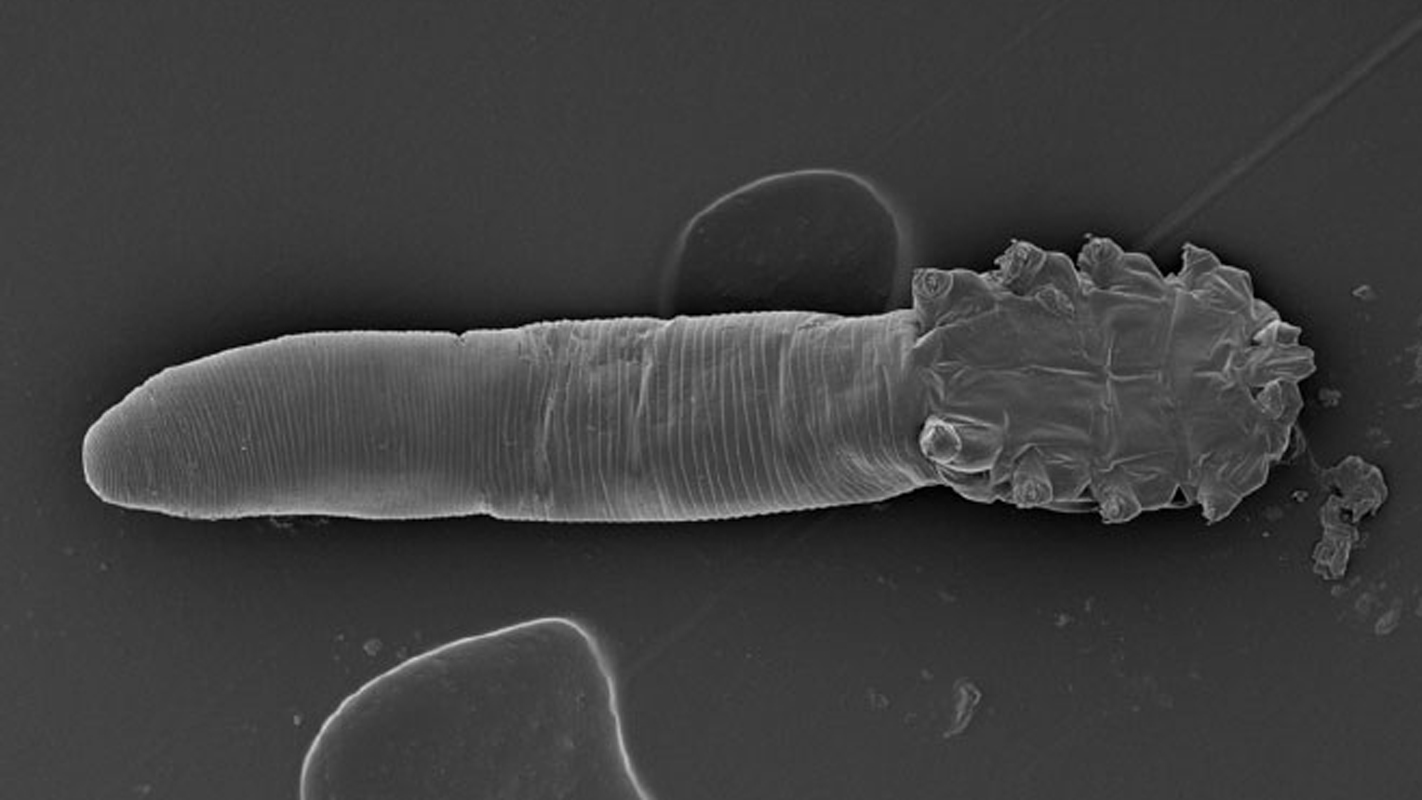genetics
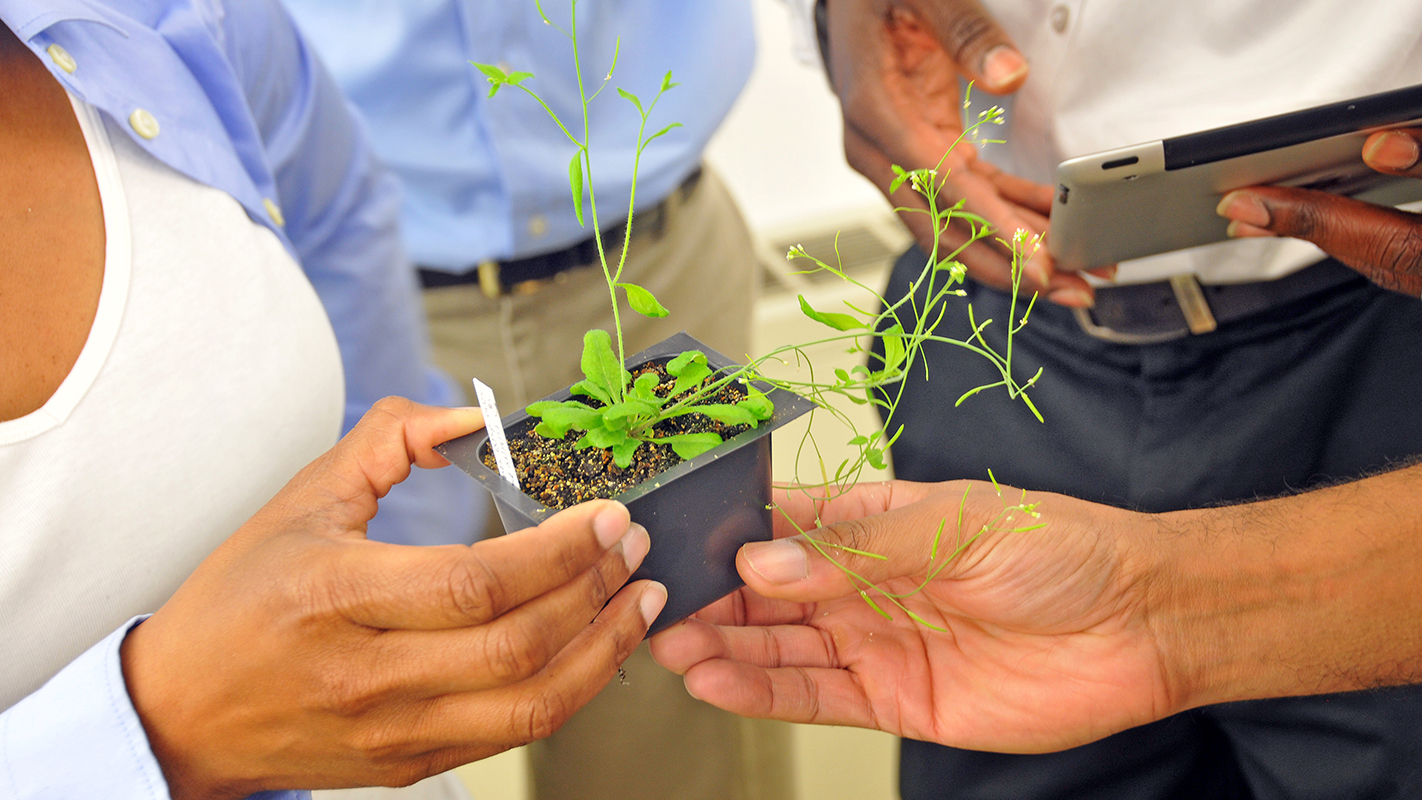
Modeling Tool IDs Genes That Control Stress Response in Plants
Researchers Use DNA ‘Clews’ to Shuttle CRISPR-Cas9 Gene-Editing Tool into Cells

Public Response to New Technologies in Food Depends on the Type of Tech
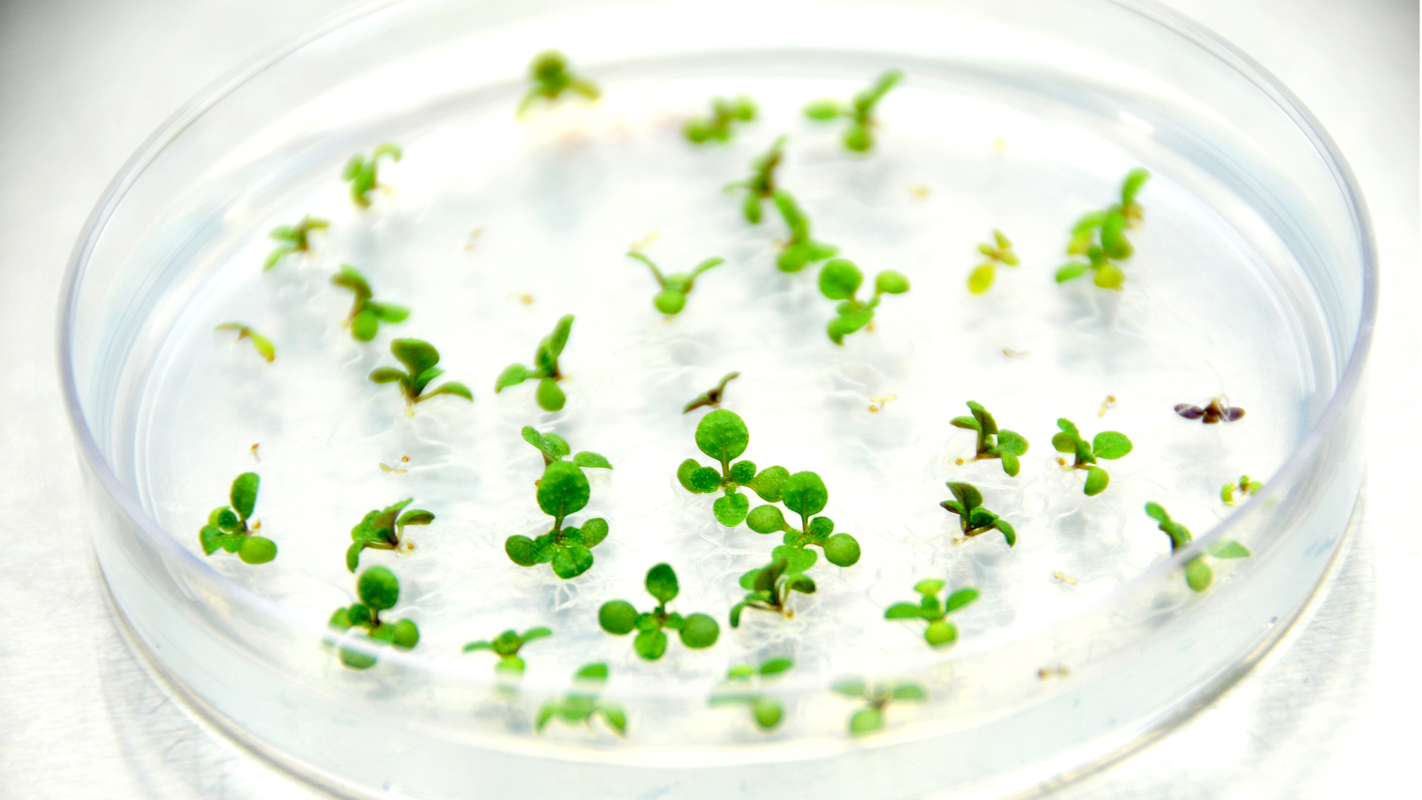
Hunt Library Hosts UGPN Conference
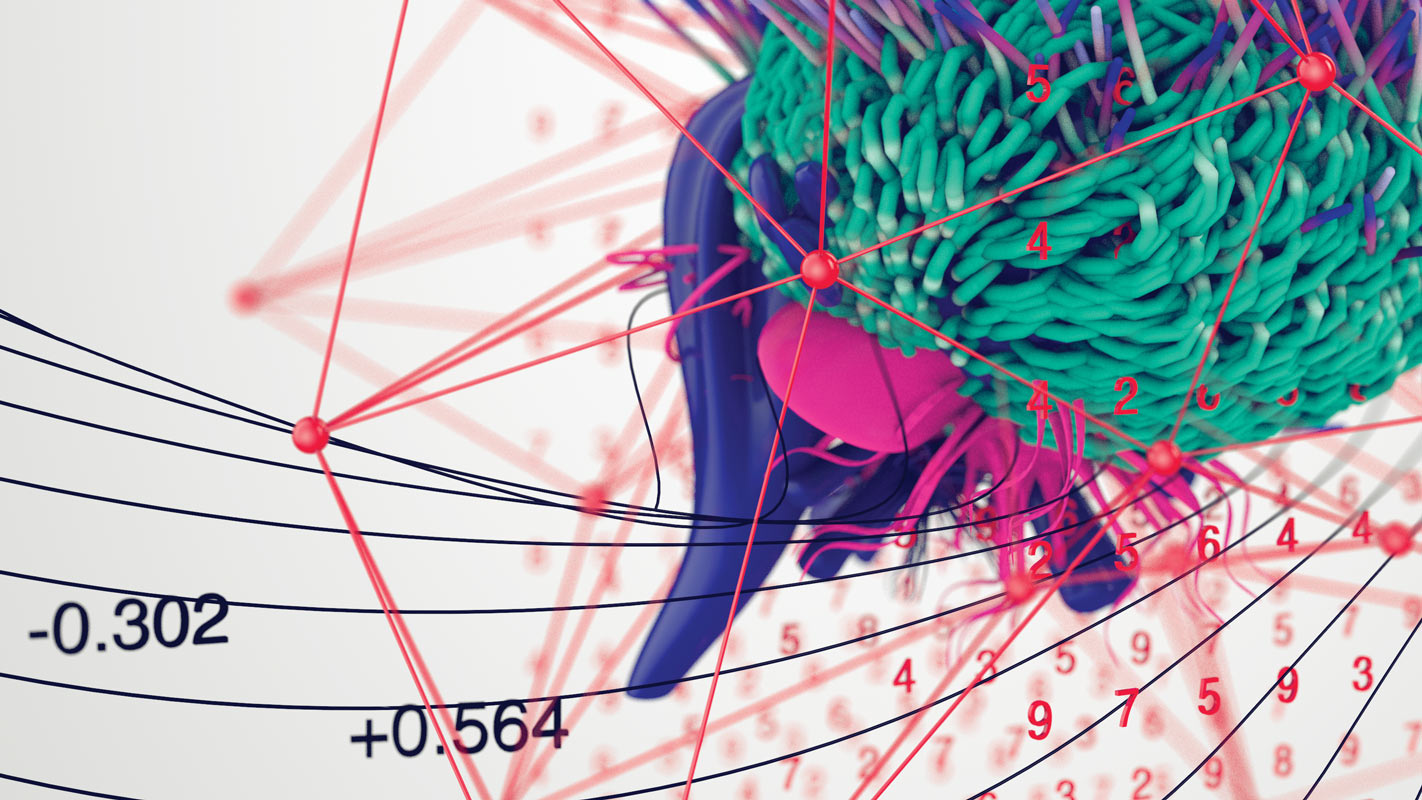
Under the Skin: Big Data at Work

Nutrition, Safety Key To Consumer Acceptance of Nanotech, Genetic Modification In Foods
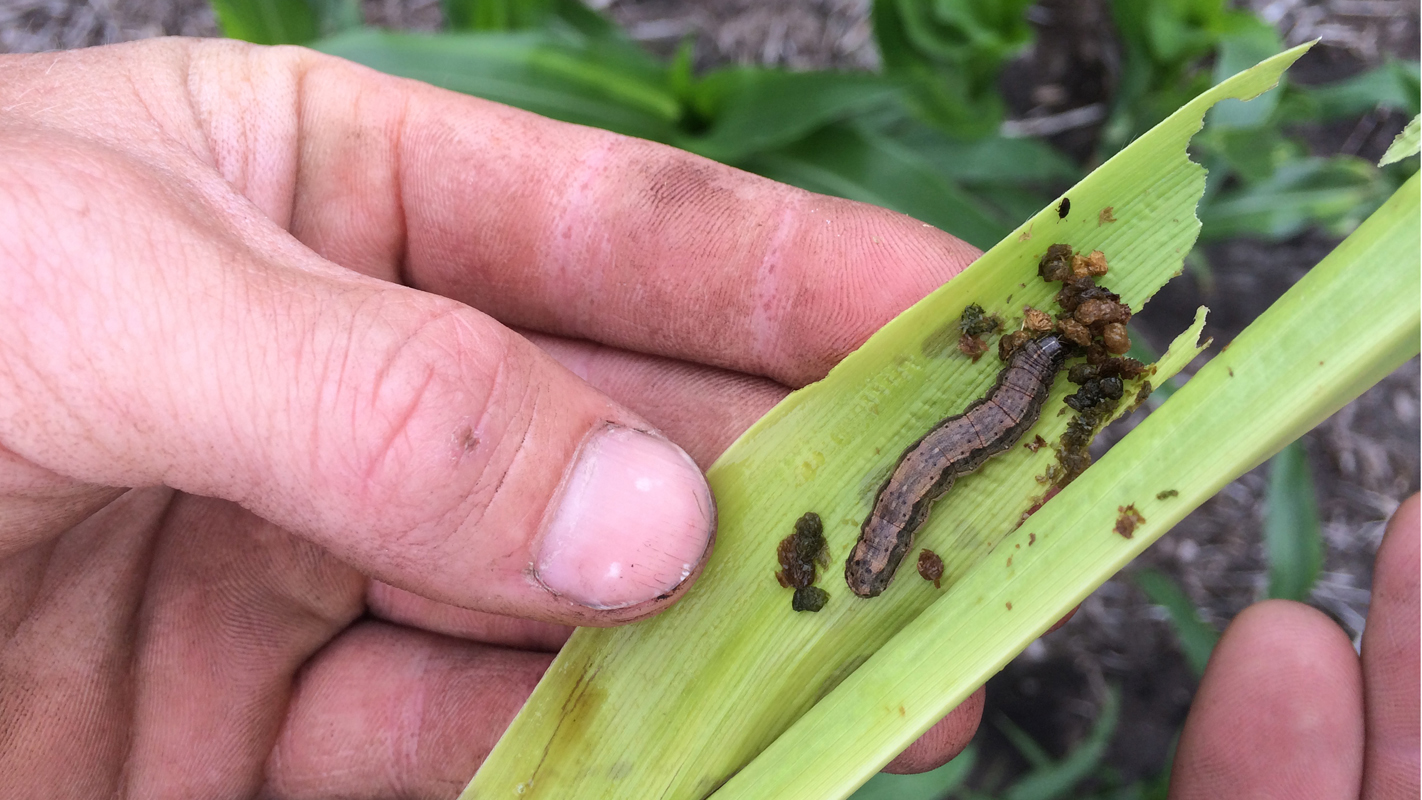
Something Resistant This Way Comes: An Insect Mystery

A Decade of Genes, Chemicals and Human Health: The Comparative Toxicogenomics Database Turns 10
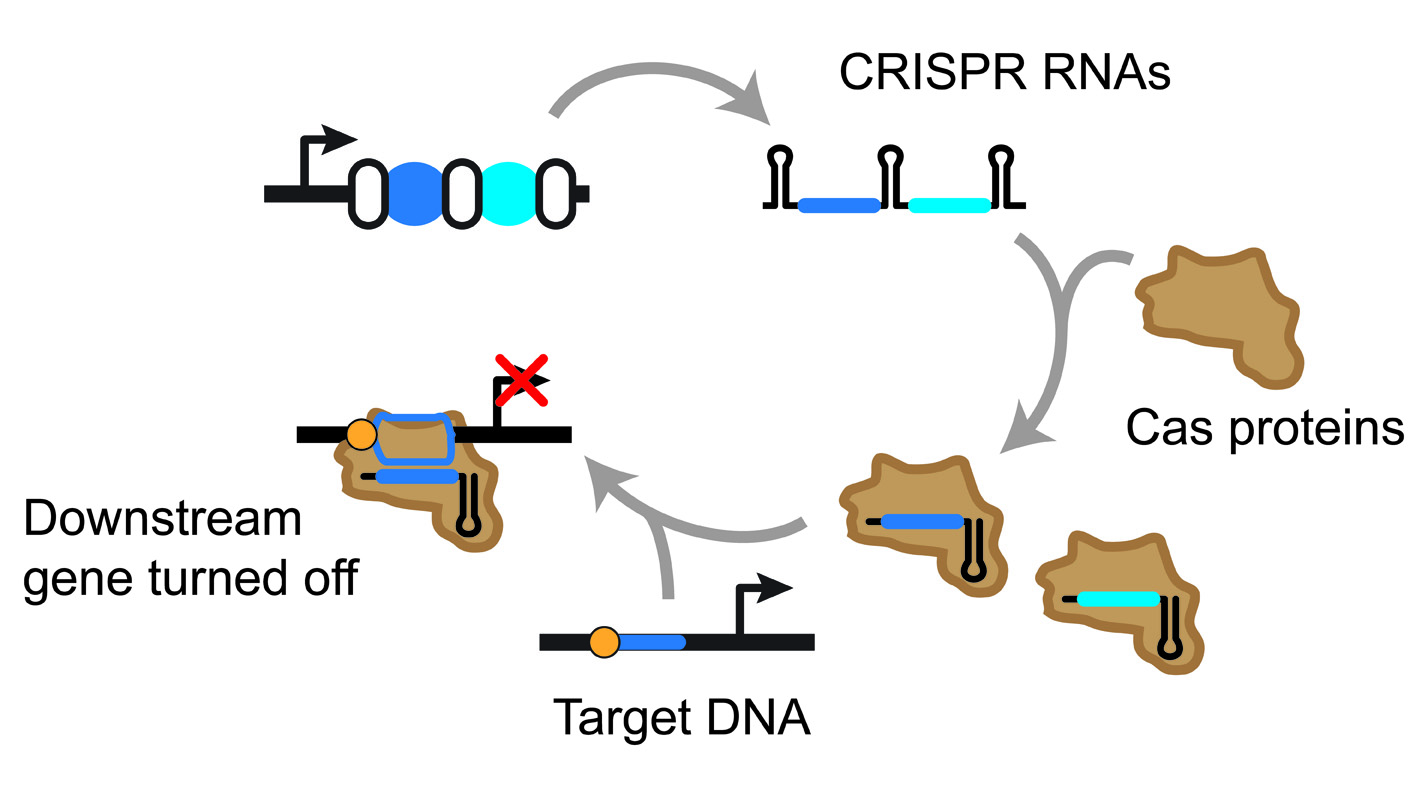
New Technique Uses Bacteria’s Own CRISPR-Cas System to Turn Off Genes
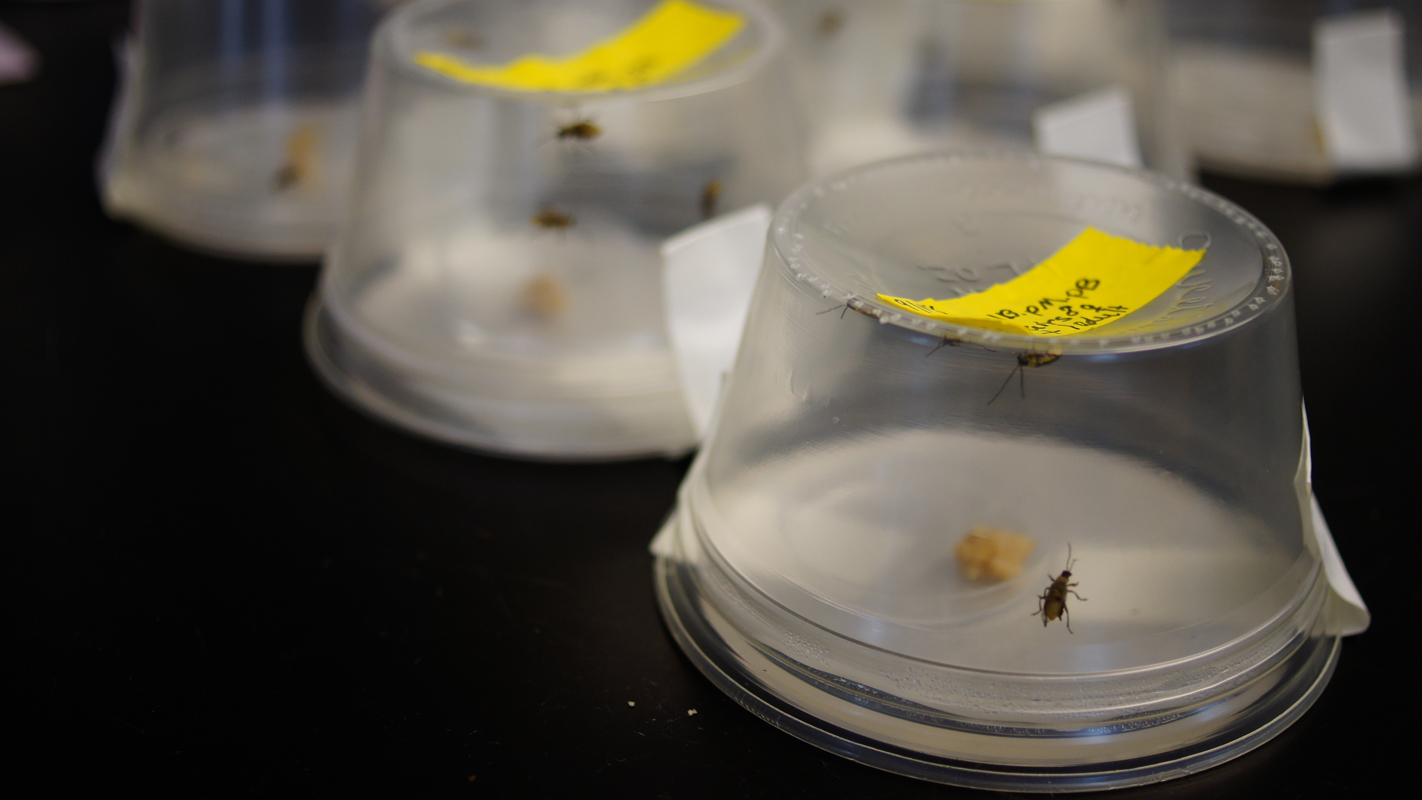
The Root(worm) of the Problem: Unexpected Obstacles on the Road to Research
